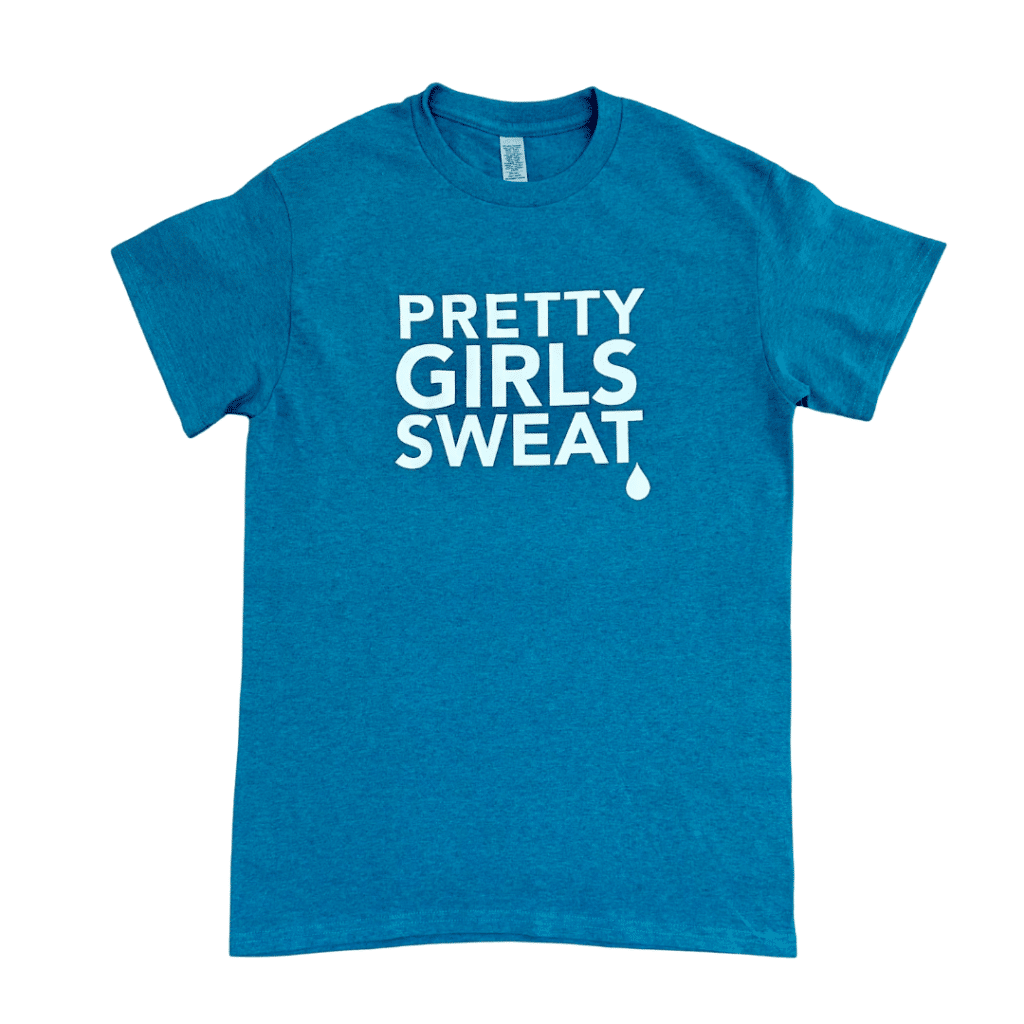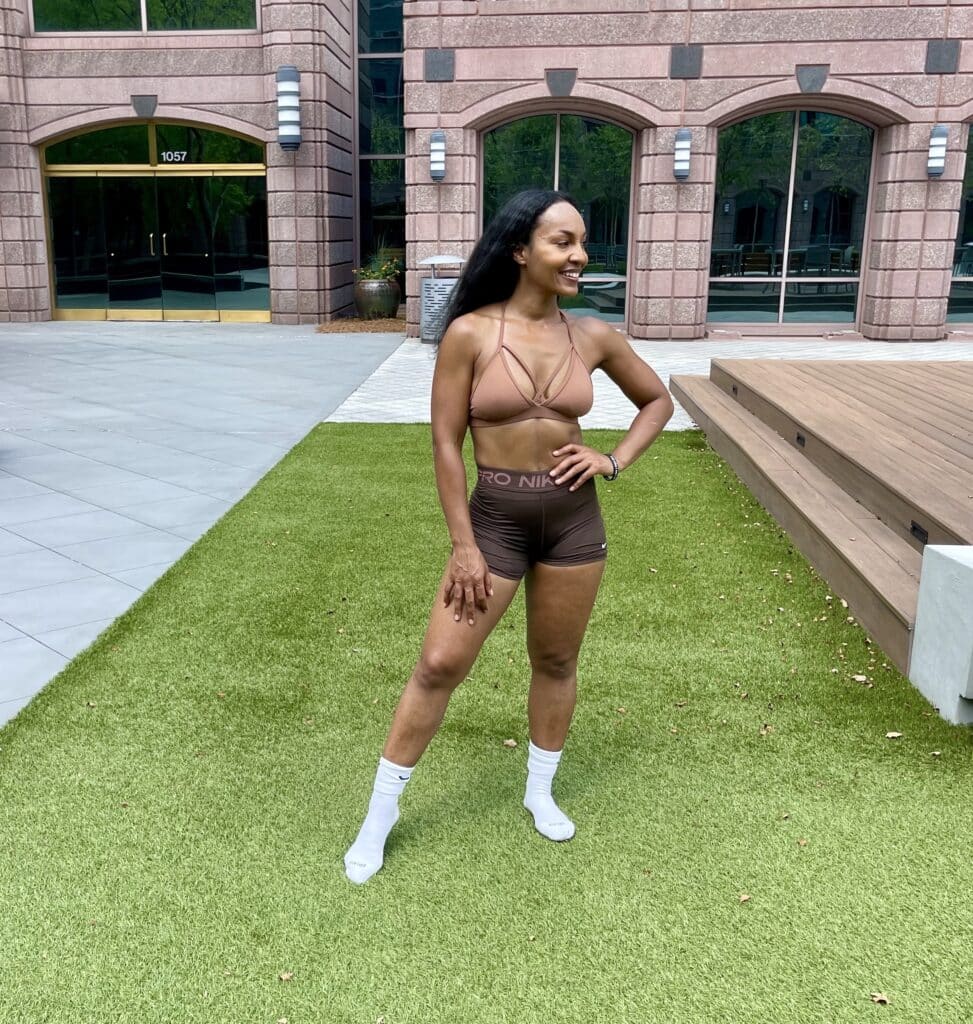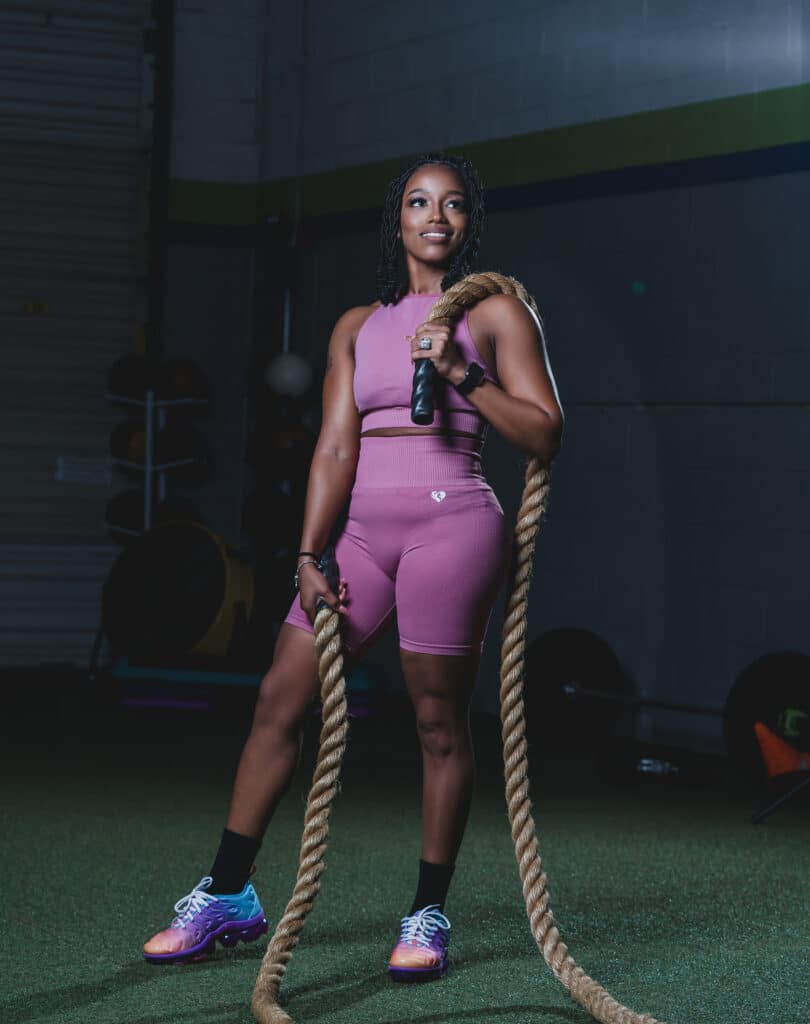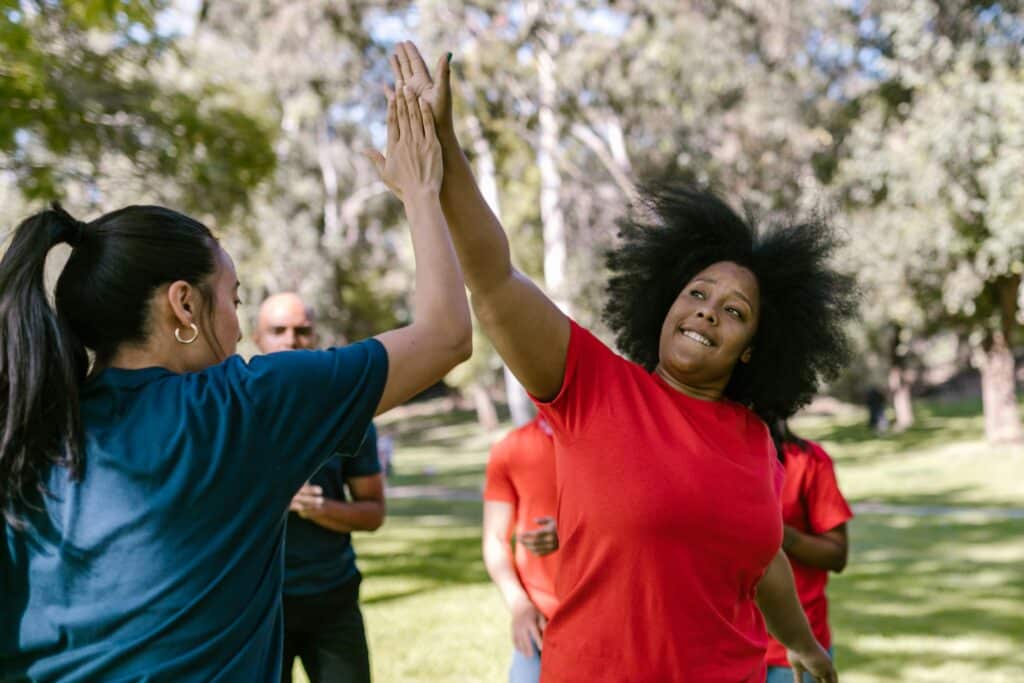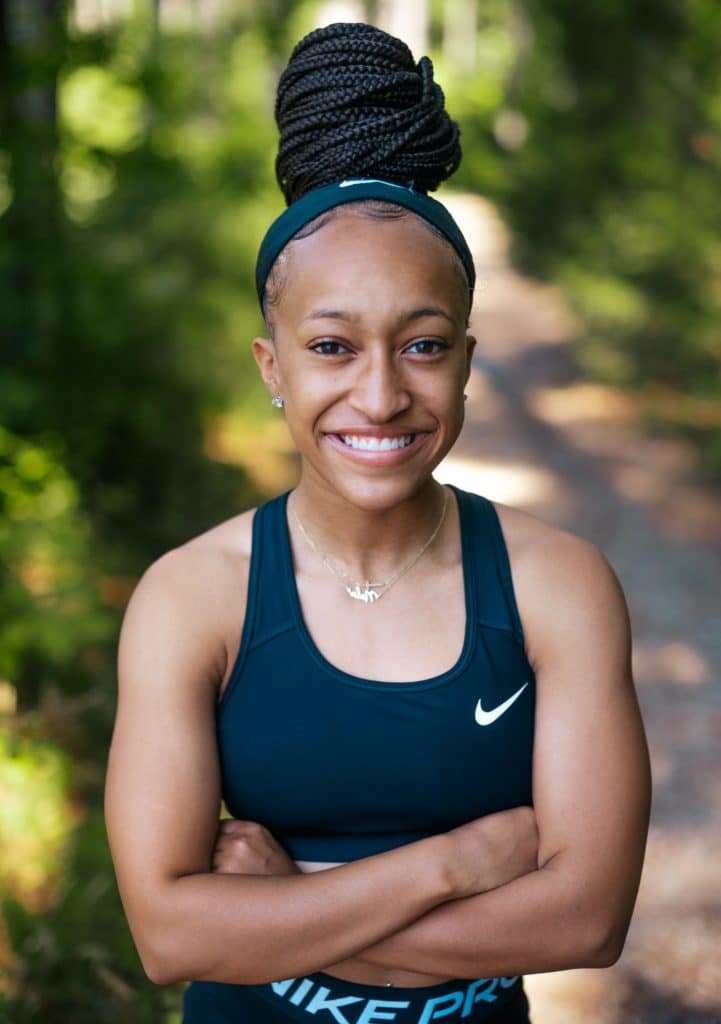Let’s Talk Ovarian Cysts: Marsai Martin Chimes In
April 21, 2023 • By Olivia Marjorae
What they are, how to handle them, and the star’s personal triumph.

Awareness about women’s reproductive care is pivotal, and 18-year-old actress and producer Marsai Martin is leading the conversation! The young starlet recently opened up to Women’s Health Magazine about her struggle with ovarian cysts and overcoming a battle that affects many women worldwide.
Read below to learn more about ovarian cysts, potential treatment options, and Marsai’s personal account!
What Are Ovarian Cysts?
Ovarian cysts are fluid-filled sacs that occur sporadically on the ovaries or on their surface. These cysts are typically harmless and can go unnoticed, rendering no symptoms and dissipating on their own. However, some very rare cases are much more detrimental. Ovarian cysts can sometimes last for years and become enlarged, twisted, or ruptured, causing significant pain and discomfort to the body. Amongst women who have been through menopause, ovarian cysts also carry a slight risk of cancer.

“In December of 2022, I opened up my Instagram account and went “live” to share a difficult and scary health experience. I had been diagnosed with an ovarian cyst four years earlier, and finally, at 18, I decided to have a surgery to remove it and relieve the pain I was experiencing.”
–Marsai Martin to Women’s Health Mag
Symptoms and Signs
Some common symptoms of enlarged or harmful ovarian cysts are:
- Sharp and severe pelvic pain
- Fullness, pressure, or heaviness of the abdomen
- Bloating and loss of appetite
- Pain accompanied by fever, nausea, and/or vomiting
- Immense menstrual pains
- Signs of shock, such as cold, clammy skin, rapid breathing, lightheadedness, or physical weakness
If you experience any of these symptoms, please seek medical care immediately.
Source: complex.com
“I got my first period when I was 11, but my symptoms got really bad when I turned 14. Every month, on the first day of my cycle, I would have excruciating pain and nausea. It affected my work, my social life—everything. I was so sick, I couldn’t leave the house. This usually lasted for a few days.
–Marsai Martin To Women’s Health Mag
I always got confused when I’d be out with my friends and they’d share that they were on their periods. It surprised me that they could be out living a normal life at that time. I knew my mom also had painful periods, and she even warned me that I might experience the same thing. So, I just assumed this was how periods were supposed to feel.
But one day, when I was 17, I just couldn’t take it anymore. I had extreme cramps and I was so nauseous, I wasn’t able to eat or drink. It felt like I couldn’t move. The slightest sip of water would make me projectile vomit. I had lower back pain, dizziness, migraines, and tender breasts, and on top of that. The pain had been constant from the moment I woke up, and it was so unbearable that I finally went to the ER around 8 p.m. The doctors said I was dehydrated and gave me fluids. After taking an ultrasound, they told me that I had a very large ovarian cyst that was likely causing the pain.”
Potential Treatments
There are two potential treatment options if you’re suffering from enlarged ovarian cysts.
- Oral Contraceptives: Your physician may prescribe an oral contraceptive to temporarily halt ovulation and prevent the growth of new cysts while also allowing the preexisting cysts to shrink.
- Laparoscopy: Your doctor will perform a laparoscopy by making several tiny incisions near your navel and inserting a small instrument into your abdomen to remove the cyst.

“I had my first gynecologist appointment the same week that I went to the ER, and I felt a little weird about the whole thing. I had to talk to someone—a doctor—I’d never even met before about my body. I didn’t really know how to react or respond.
–Marsai Martin For Women’s Health Mag
At the second appointment, she mentioned that I could either take birth control pills to see if they would help the cyst shrink and manage my painful periods, or I could have laparoscopic surgery (which is an operation where small incisions are made and the procedure is guided with the help of a camera) to remove the cyst. I decided to have the cyst surgically removed.”
Laparoscopy Surgery
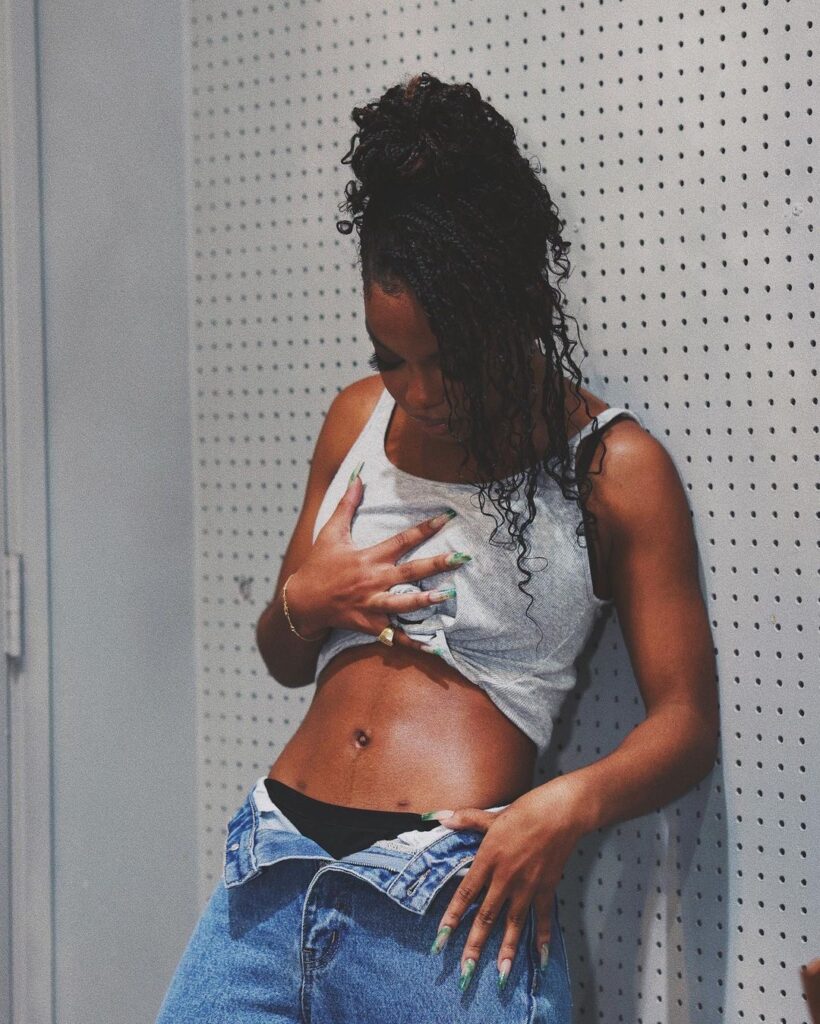
Laparoscopic surgery is minimally invasive, and recovery time after the procedure is usually between 1-2 weeks. You will likely experience some physical pain and discomfort following the surgery, such as exhaustion, low energy, stomach pains, or a slight fever.
“Surgery and recovery went pretty smoothly. Back at home that same day, I was uncomfortable and gassy from the surgery (carbon dioxide gas is put into your body for laparoscopic surgery, and it can be uncomfortable while your body works to remove the gas afterward). Every movement I made hurt, I couldn’t sleep on my side, and I had piercing pain when I used the bathroom. After a few days, I started moving around more, and that helped. But it was still a good week-and-a-half until I was back to myself again. Still, I was so glad I’d had the surgery.”
-Marsai Martin For Women’s Health Mag
Marsai’s Triumph

“These days, my cycles are way better. They’re not perfect, and I still have mild cramps, but medication helps now. The first day of my period used to be unbearable, but now I can still live my normal life without debilitating pain.
-Marsai Martin For Women’s Health Mag
I wanted to share my experience so that other women wouldn’t suffer in silence. Eventually, I came to realize that I could be that voice for people and fill that void. That’s why I spoke out on Instagram. After I went “Live” on Instagram, I received a ton of responses from women and girls who had gone through the same thing as I had, or experienced similar symptoms. Some blogs even reposted my story. Major outlets covered my story, and people tweeted their reactions.
I hope my story will encourage other women to not accept a life of pain, to get a second opinion. Pain is not normal. I want other women to talk about their pain, and to keep speaking out until they’re taken seriously. And to the women out there suffering silently right now: You owe it to yourself to speak up.”
Keep up with Marsai on Instagram, and let us know your thoughts in the comments below!



